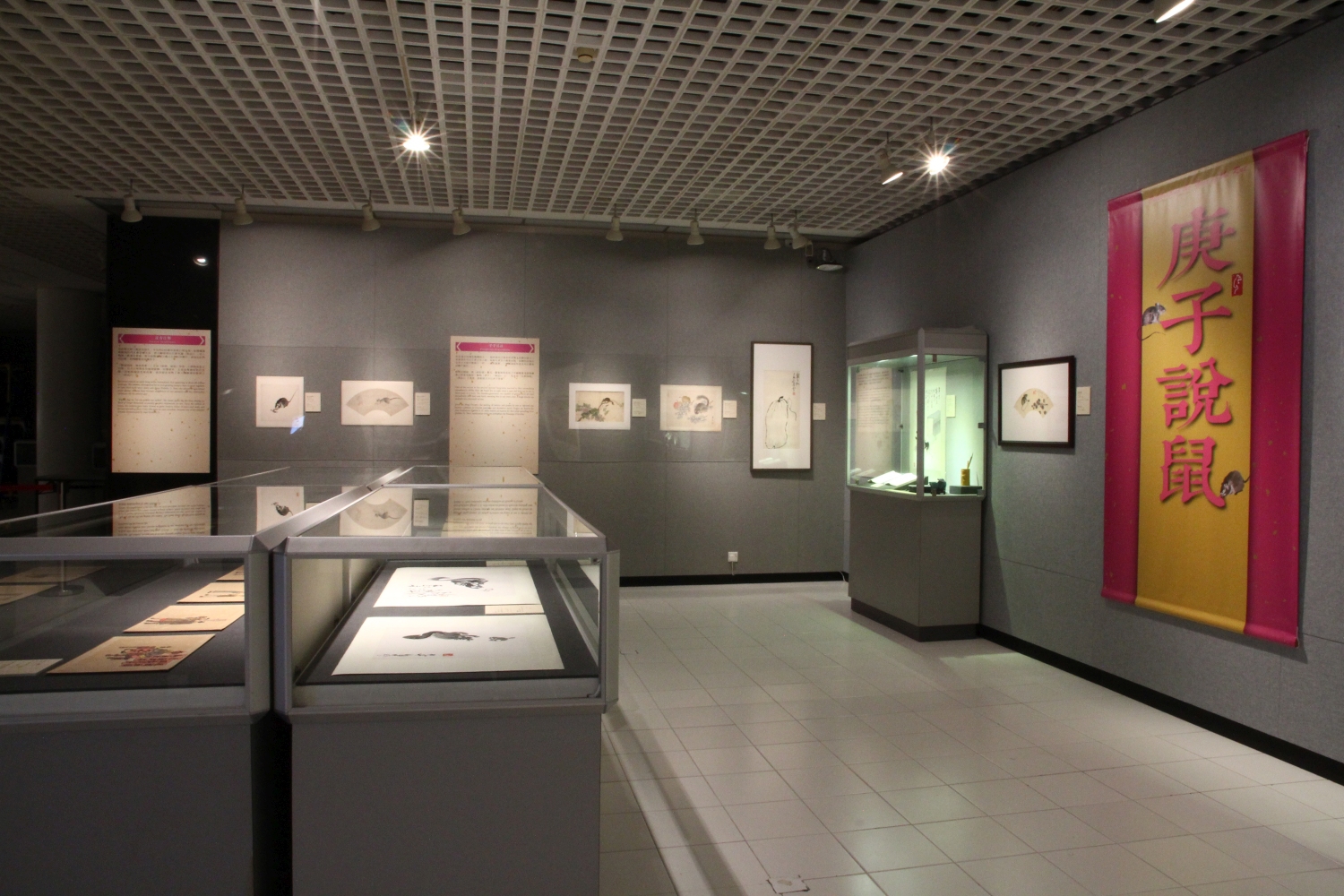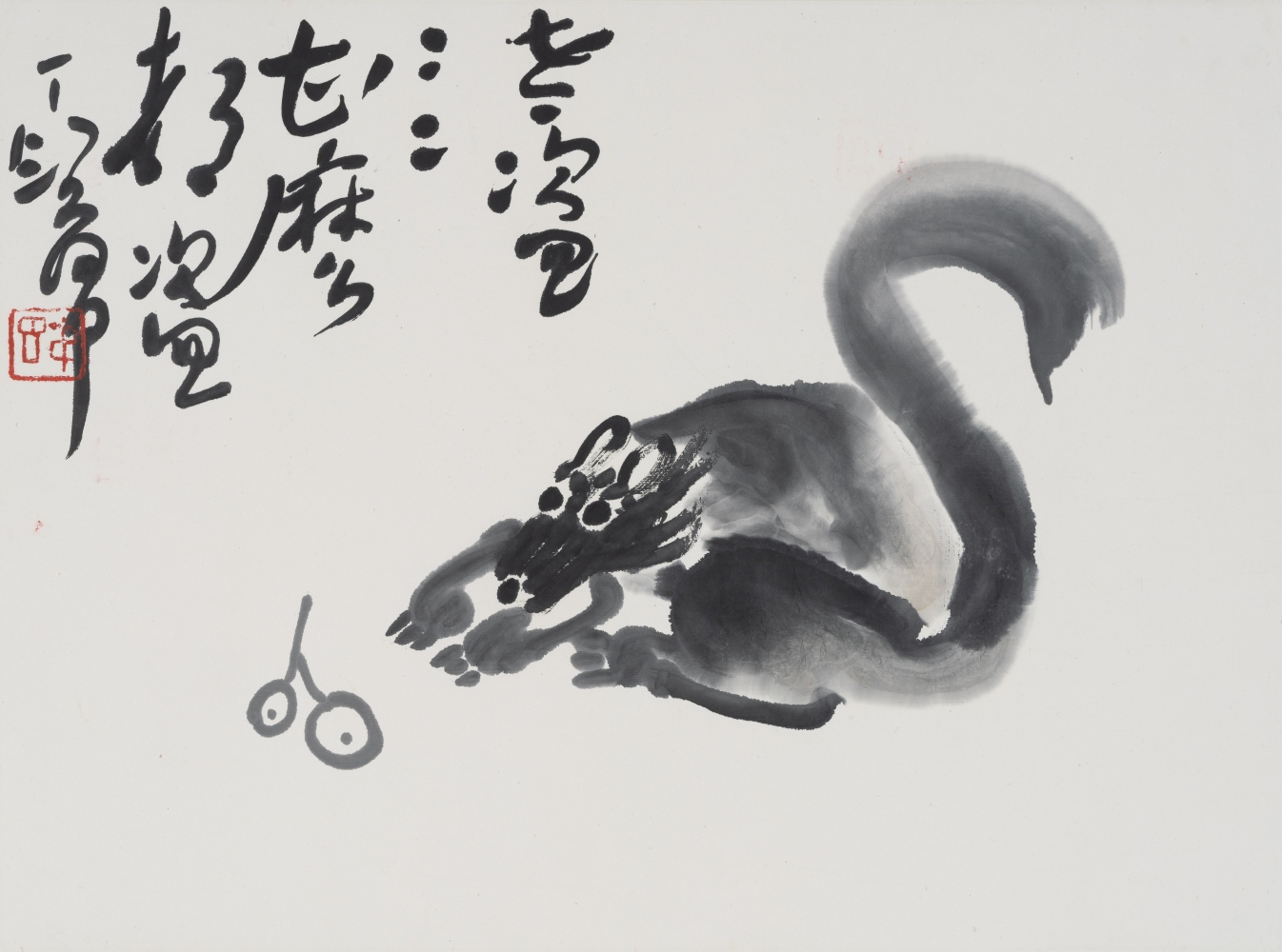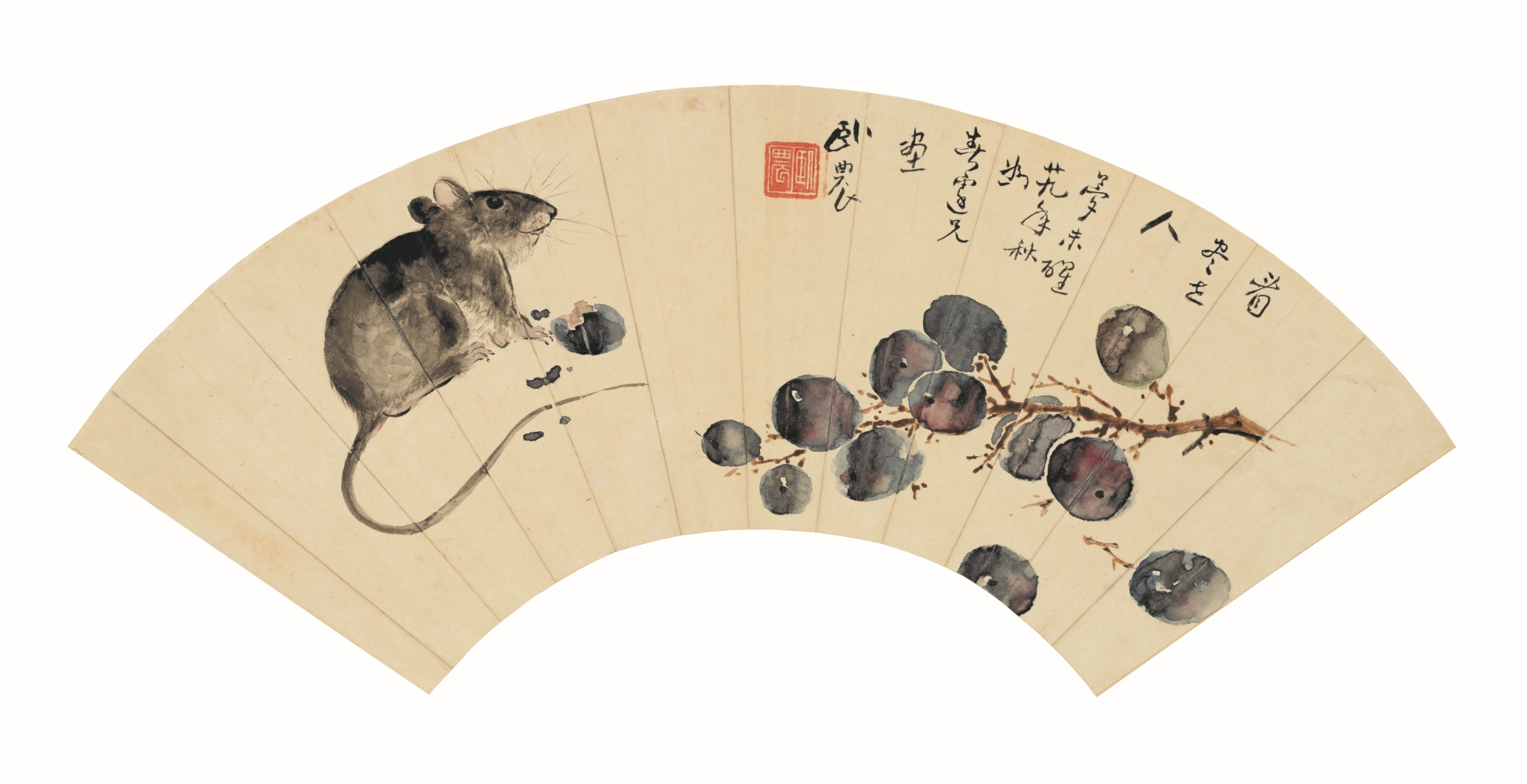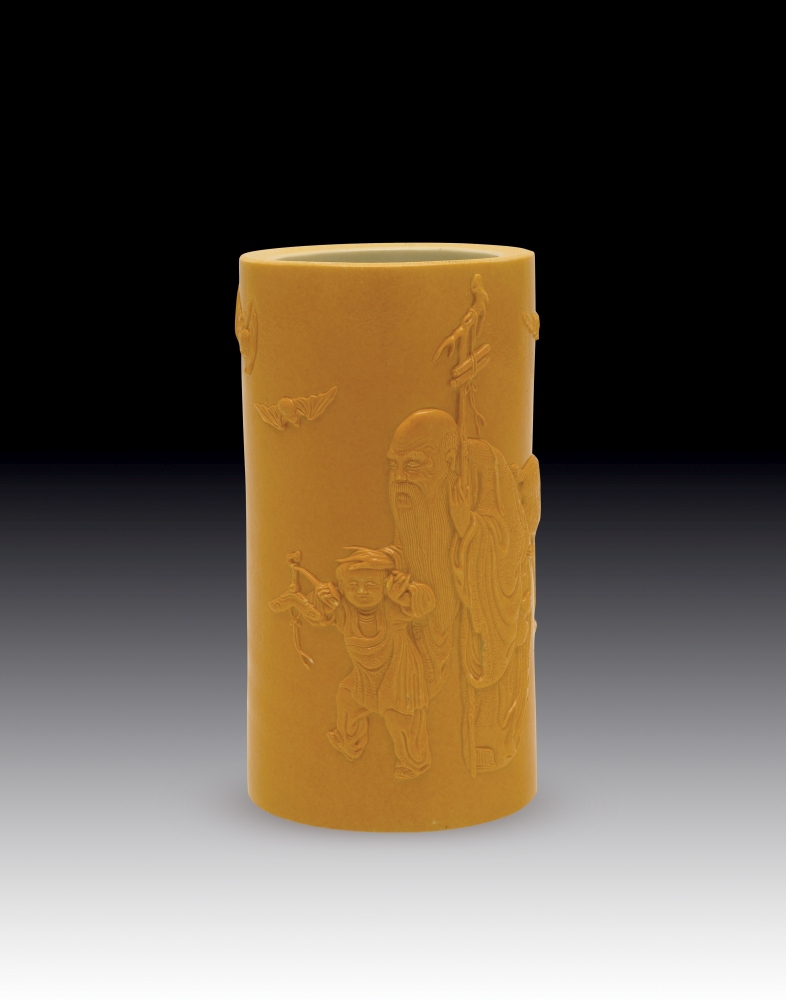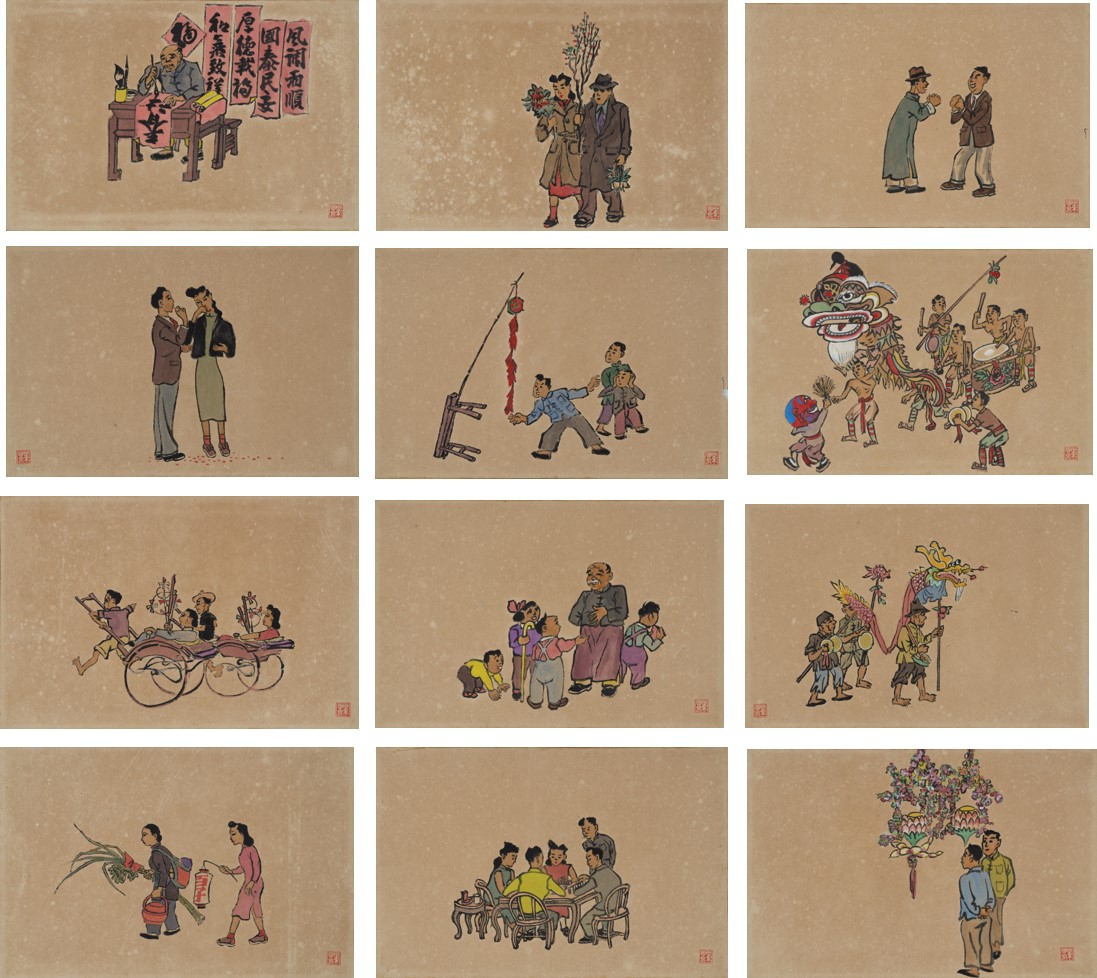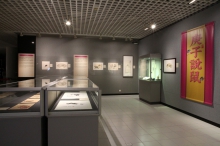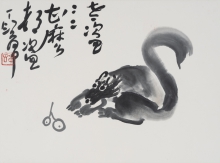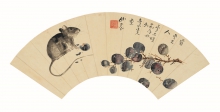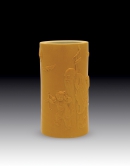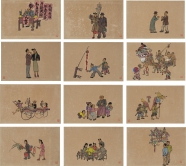News Centre
CUHK Art Museum Presents the ExhibitionCelebrating The Year of the Rat
To celebrate Chinese New Year, the Art Museum of The Chinese University of Hong Kong (CUHK) will present the exhibition Celebrating The Year of the Rat from 8 February to 5 April 2020, demonstrating the rich meanings of rats in Chinese culture. Members of the public are welcome to visit the exhibition. Admission is free.
2020 is the Year of the Rat in traditional astrology. Belonging to the rodent family, rats are one of the oldest mammals in the world, first appearing in about 60 million years ago. Chinese literary references to the miniature nibblers are very often negative in nature. Nevertheless, as our close neighbour throughout human history, people also find inspiration from some of their characteristics. For example, their strong ability to adapt and breed has become an auspicious symbol of prosperity.
This exhibition features over ten artifacts on rats and their relatives such as squirrels and bats from the Art Museum. Dated from as early as the Qing dynasty, the fine selection of exhibits covers a diversity of artworks including high-quality porcelain and ink stone, Lingnan paintings by Ju Lian, Gao Jianfu, Su Wonong and Au Ho-nien as well as a series of artworks on squirrels by Ding Yin-yung (See exhibit highlights).
Curator Dr. Tong Yu said “‘Big rat, big rat, do not gobble our millet!’ from the classic poem Big Rat from Shijing (or Book of Songs) illustrates accurately people’s impression of rats. Since the earliest of times, the rodents have been viewed as grain stealers, biters of wares and tools, and disease-spreading pests. However, one of the secrets to the ancient species’ long-term survival is their astonishing reproductive ability. Since the Ming Dynasty, the stealing of melons and grapes by rats or squirrels has become common in Chinese paintings and decorative motifs. Grapes are known for their fruitfulness while melons are known for their wide-spreading vines. Their combination with rats symbolizes the blessings of fertility.”
A demonstration video in the educational corner will exemplify for visitors the diverse skills in Chinese painting by showing several vivid depictions of a squirrel.
Details of the exhibition are as follows:
|
Date: |
8 February to 5 April 2020 |
|
Venue: |
Gallery II, Art Museum, CUHK |
|
Opening Hours: |
Mondays to Wednesdays, Fridays and Saturdays: |
|
Enquiries: |
3943-7416 |
About the Art Museum, The Chinese University of Hong Kong
Founded in 1971, the Art Museum serves the University community and public in Hong Kong by collecting, preserving, researching and exhibiting a wide range of artifacts illuminating the rich arts, humanities, and cultural heritage of ancient and pre-modern China. The Art Museum promotes the excellence of both its permanent collections and loan collections of Chinese art and their use for scholarly endeavours and outreach efforts. As a university teaching museum, it offers in-depth practice of museology and archaeology as well as the teaching of art history through direct and sustained access to original Chinese works of art in collaboration with the Department of Fine Arts and the Centre for Chinese Archaeology and Art. With the support of different faculties it advocates interdisciplinary approaches to the social, cultural, technological, and historical context of Chinese art. Adhering to the purpose of the University, the Museum is committed to promoting Chinese culture and academic exchanges as well as contributing to society.
Website: http://www.artmuseum.cuhk.edu.hk/
For photos of the exhibits, please download at: https://bit.ly/2sElgUk
